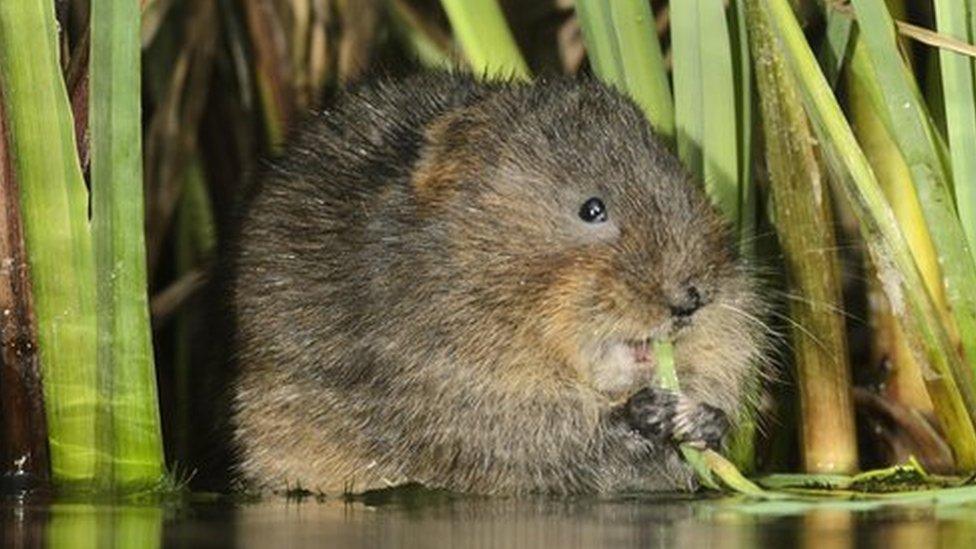Hertfordshire chalk rivers restoration to combat climate change
- Published
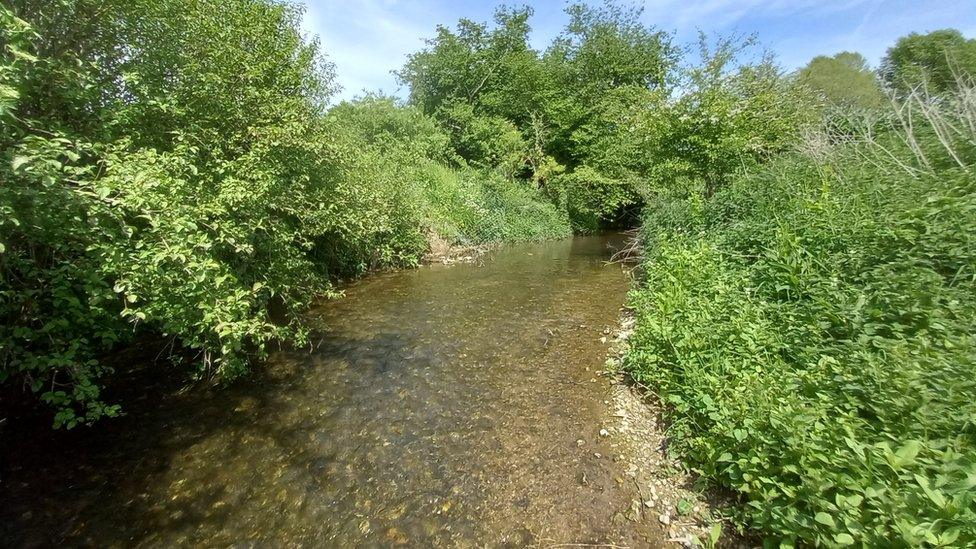
Heavy machinery will be needed to carry out the work on the River Ash
Two chalk rivers are to be restored as part of efforts to combat low flows and climate change.
The work will be carried out on Hertfordshire's River Ash and River Quin.
More than 600m (1969ft) of the River Ash, near Wareside, will be lowered and 60 tonnes of gravel added to address the historic impact of dredging.
Sarah Perry, of Herts and Middlesex Wildlife Trust (HMWT), said without the works the waterways would "struggle".
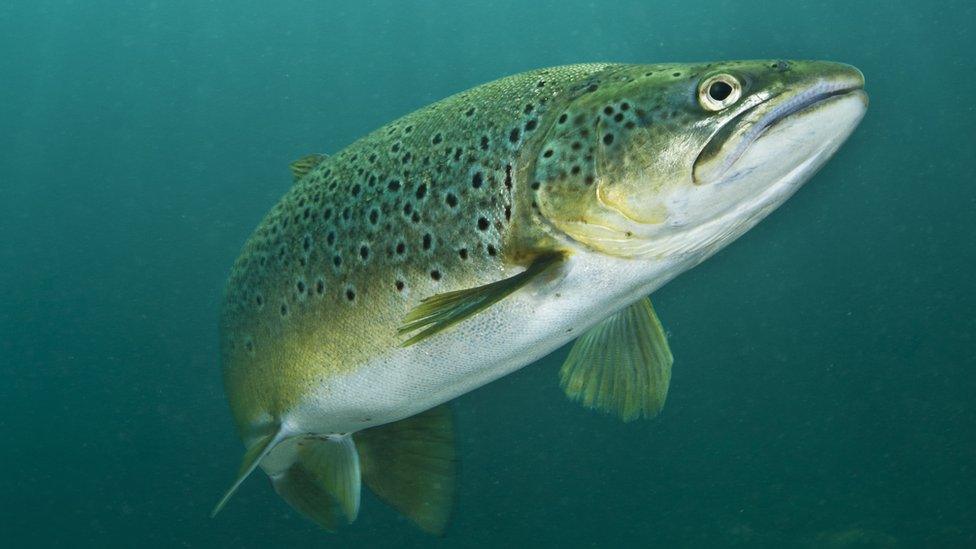
The trust hopes the work will provide shelter for fish, including the brown trout
Work on the 7km (4.3miles) stretch of the River Ash is expected to take about three weeks.
Ms Perry, the trust's river and catchment coordinator, said: "Without our intervention backed by local communities, landowners and funders, our rivers would continue to struggle against climate change, low flows and poor habitat quality as a result of historic activity.
"We want to see our native iconic wildlife, like water voles and wild brown trout, thriving along chalk rivers and are helping to create this future by undertaking this restoration work."
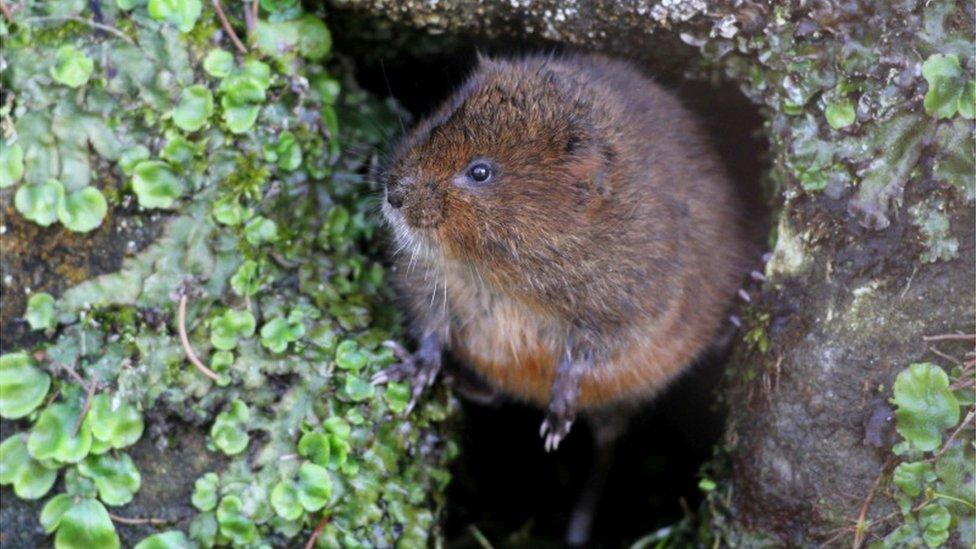
The work will also hopefully help the water vole, the trust said
In Braughing, volunteers from the Friends of the Rib and Quin community organisation will be working with the HMWT and Environment Agency to carry out a smaller scale habitat creation project on the River Quin.
Native flowering plants will be placed by the river and woody habitat features introduced to provide shelter for fish, such as, brown trout, small mammals and a range of insects, like dragonflies, the HMWT said.

Find BBC News: East of England on Facebook, external, Instagram, external and Twitter, external. If you have a story suggestion email eastofenglandnews@bbc.co.uk, external
- Published4 August 2022
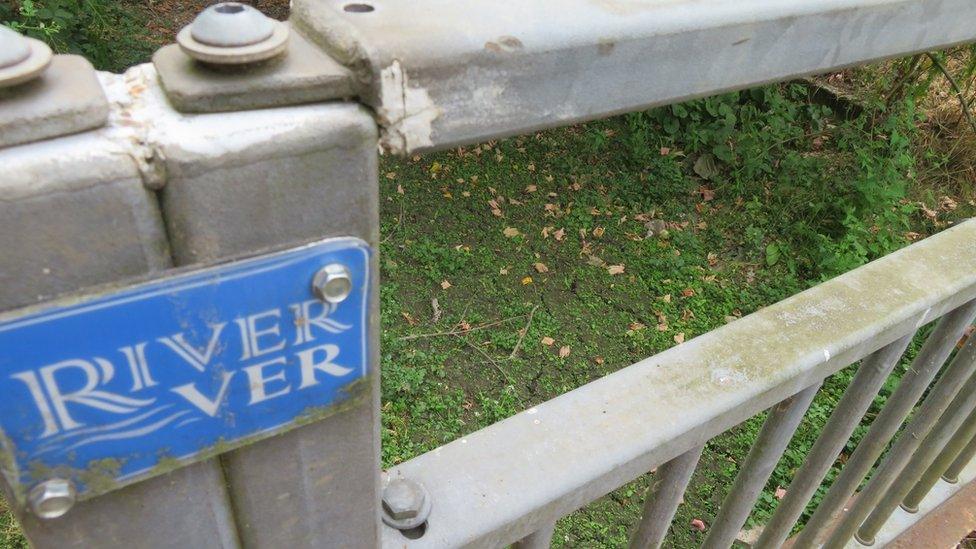
- Published1 August 2022
